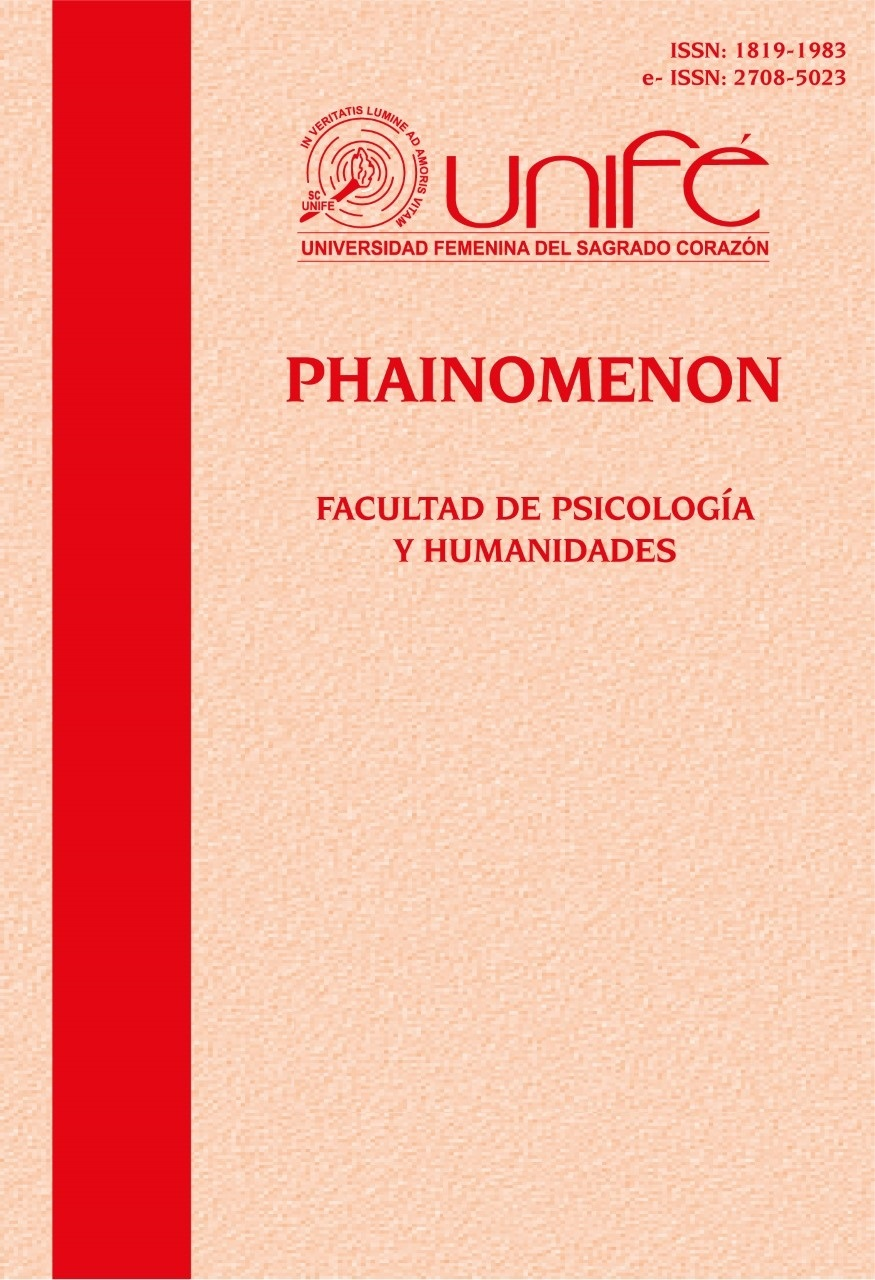Complex movement of knowing to understand and hermeneutically interpret the real: Processes of the modus cognoscendi
DOI:
https://doi.org/10.33539/phai.v23i1.3206Keywords:
complex thinking, hermeneutics, knowing, understandingAbstract
The process of searching for truth in research begins in the subjective world of the researcher, in which there is a cognitive debate between the subjective and the objective to be known. In the development of the essay, this type of thinking is explained as a complex movement, philosophically called modus cognoscendi processes, which arises from the anthropological dimension of being and the intersubjective epistemic dimension of being. It consolidates the unveiling, what is experienced in the consciousness of the researcher to reach the truth of the phenomenon under study, in a cognitively co-reflexive act that
involves knowing to understand and hermeneutically interpret what is real. He concludes that the truth is reached in an eternal movement of the researcher’s way of thinking since it fluctuates between the uncertain, the reason and the juxtaposed between them, when trying to signify the phenomenon of study. Hence, the impetuousness of the very act of knowing, which goes through the facet of uncertainty when thinking to know, understand-perceive, think-understand and understand-interpret.
Downloads
Downloads
Published
How to Cite
Issue
Section
License
Copyright (c) 2024 Yarinés del Carmen Perdomo de Pérez

This work is licensed under a Creative Commons Attribution 4.0 International License.






